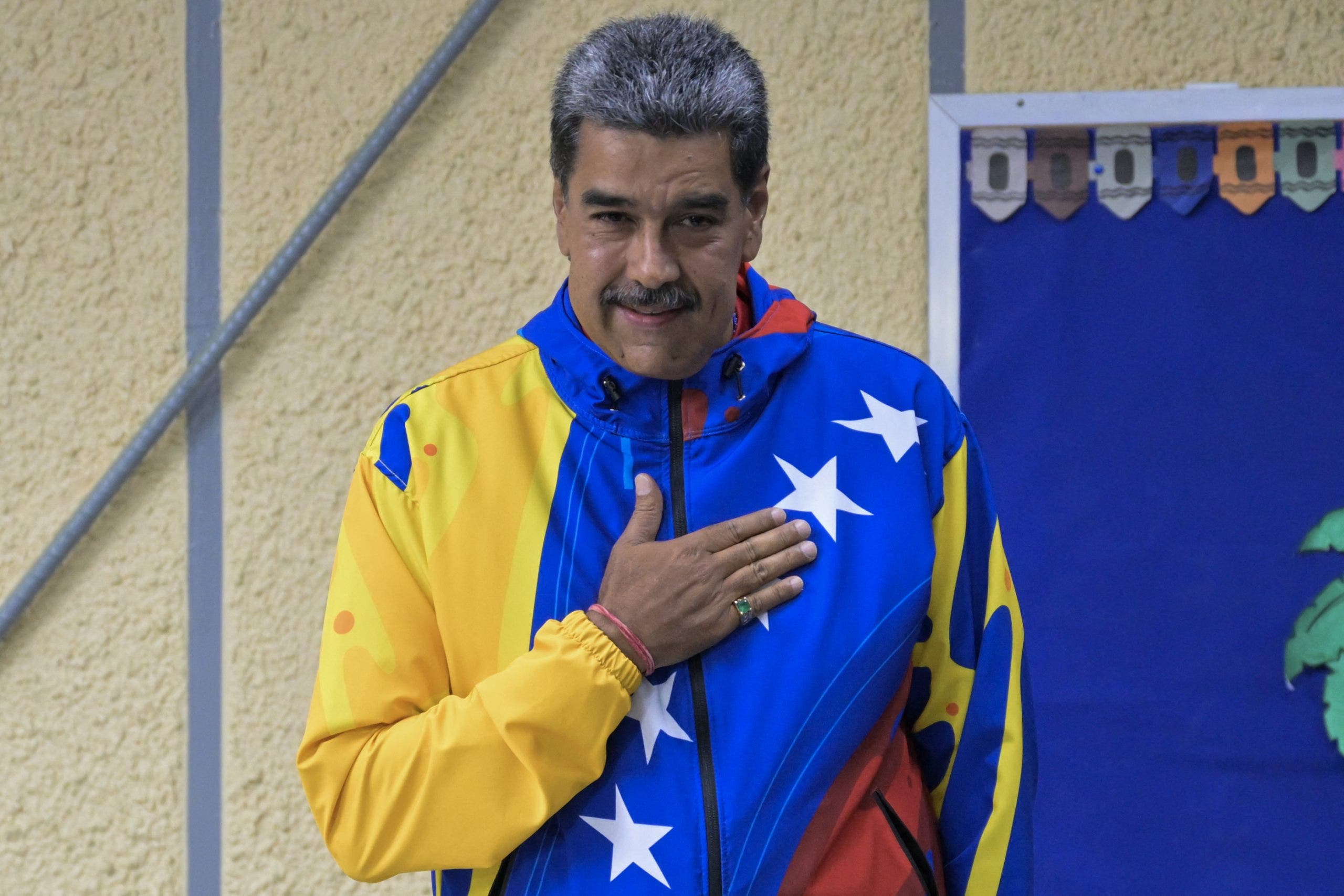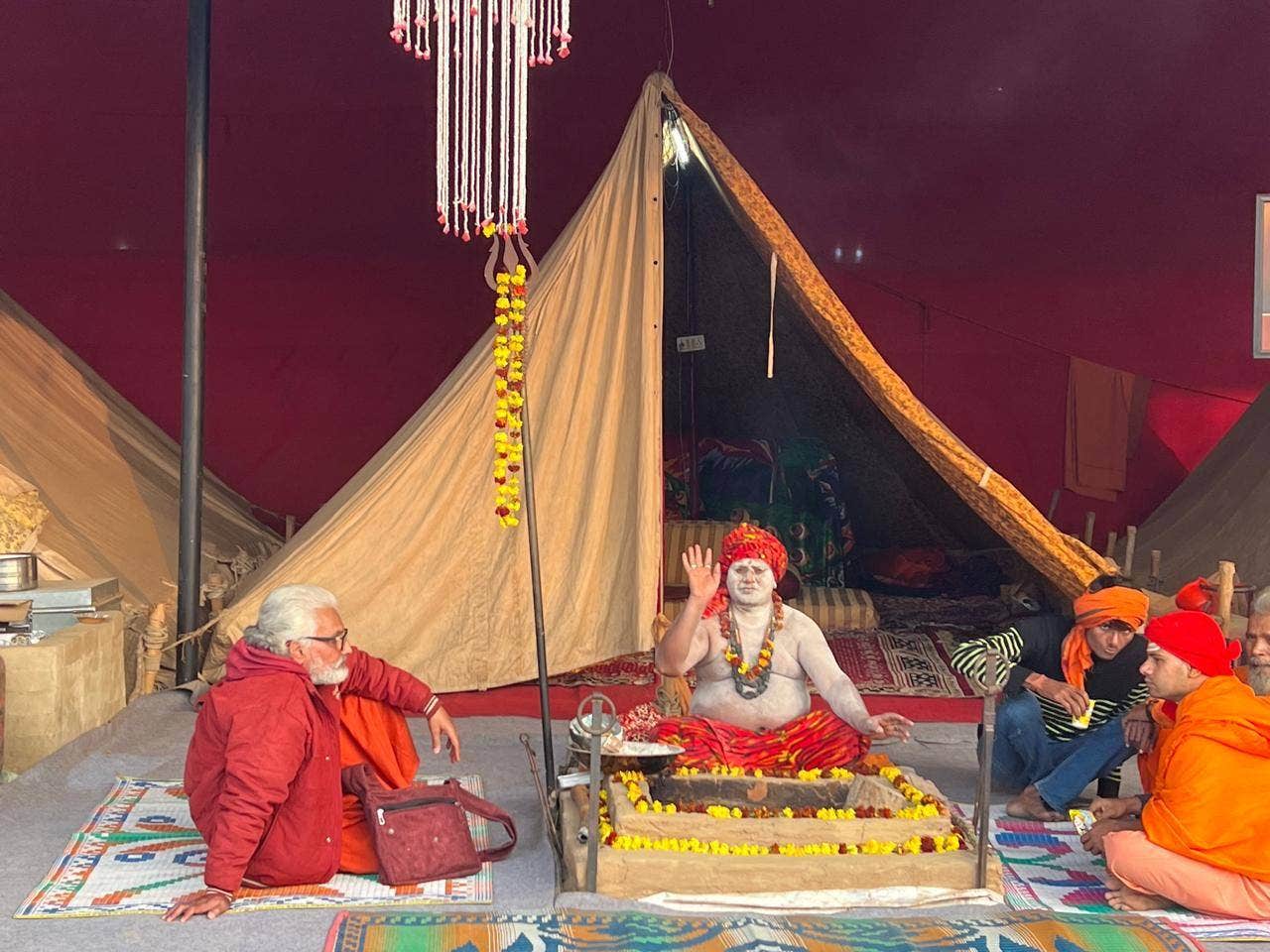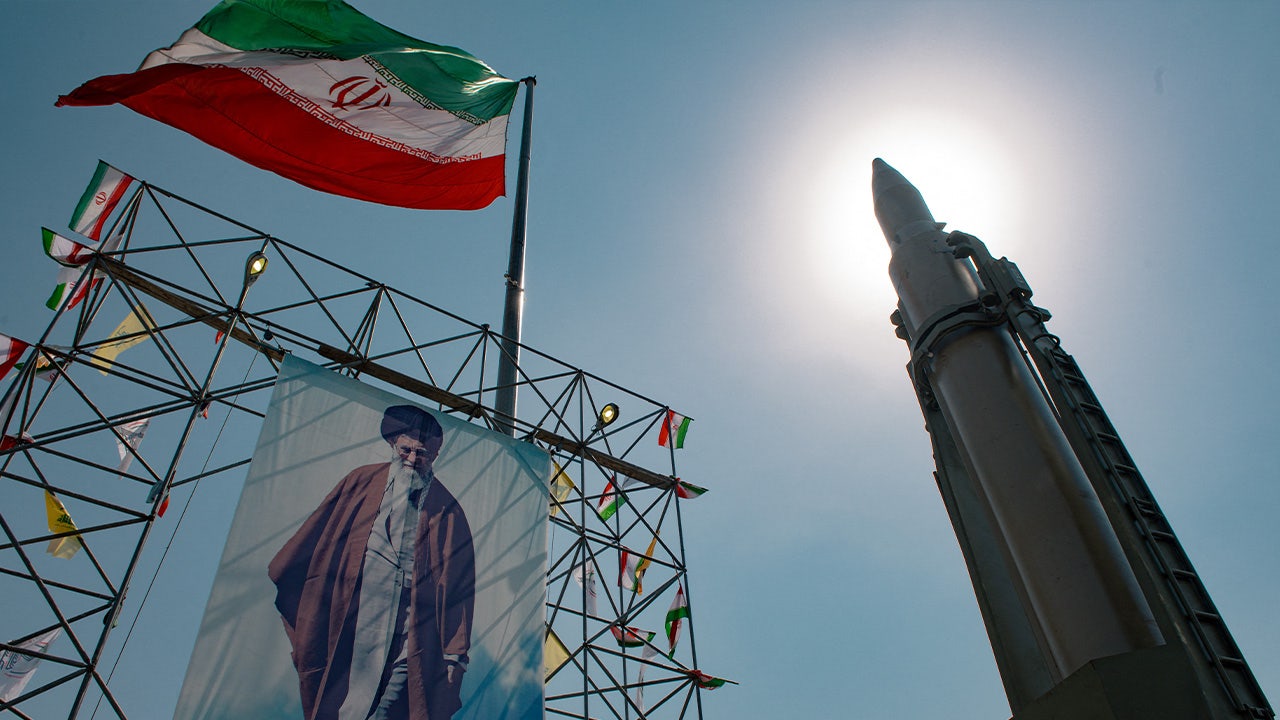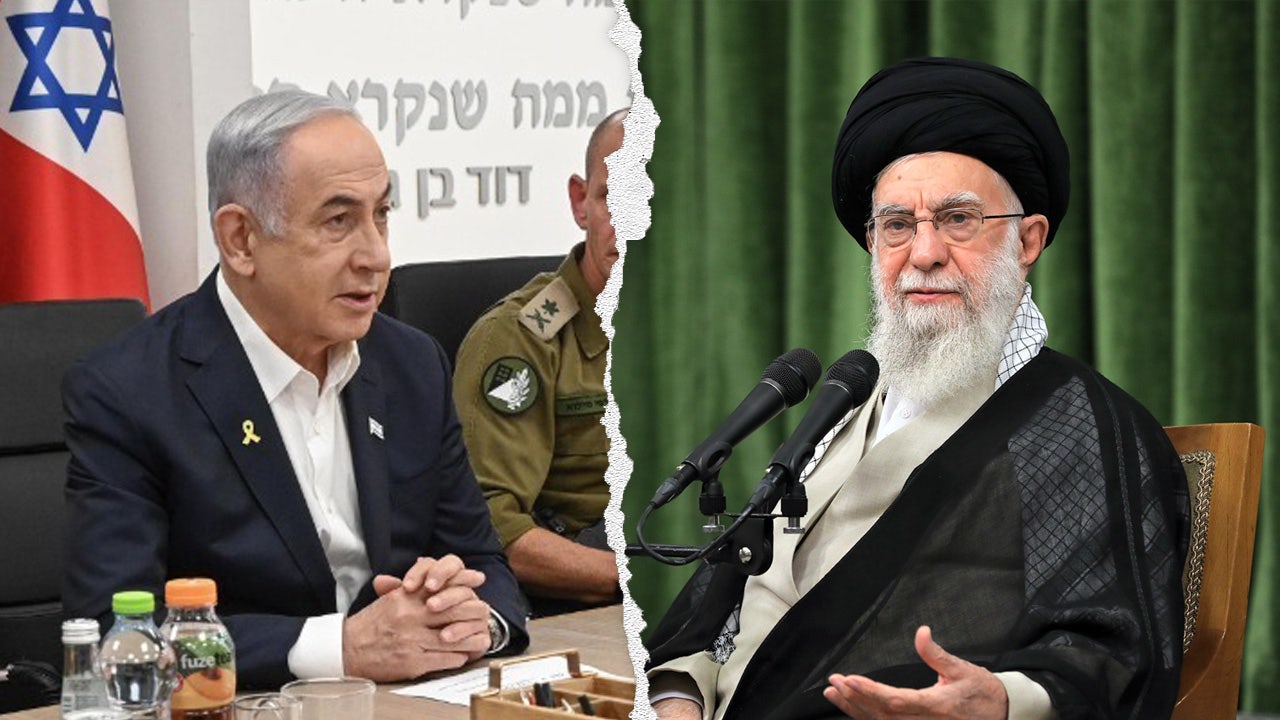When Leo Varadkar said on Wednesday that he was resigning as Ireland’s prime minister, the surprise announcement ended a chapter in the career of a politician who has twice led the country, but whose party faces a struggle in elections next year.
As Mr. Varadkar ascended to the role in 2017, his identity — as the country’s first openly gay leader and its first with South Asian heritage — was viewed as evidence of Ireland’s rapid modernization. At 38, he was also its youngest leader.
Mr. Varadkar was born in Dublin to an Irish mother and a father born in India. Before embarking on a career in politics, he trained as a doctor. During a referendum campaign in 2015 on the legalization of same-sex marriage, Mr. Varadkar, who at the time was health minister, announced that he was gay, a measure credited with bolstering the “Yes” vote.
By the time he became prime minister, or taoiseach, Mr. Varadkar’s party, Fine Gael, had been in power for six years and was facing a crisis over domestic policy, including issues like health, education and housing. In an election in 2020, the party slumped to third place and formed a coalition with its rival center-right party, Fianna Fáil, and with the Green Party to hold onto power.
As part of the coalition deal, Mr. Varadkar resigned as leader and was succeeded by Micheál Martin, the leader of Fianna Fáil. After a stint as deputy prime minister, Mr. Varadkar returned to the top job in December 2022.
Speaking in Dublin with cabinet members behind him on Wednesday, Mr. Varadkar trumpeted what he described as his government’s achievements on domestic issues and singled out moves to enshrine personal rights.
“I am proud that we have made the country a more equal and more modern place when it comes to the rights of children, the L.G.B.T. community, equality for women and their bodily autonomy,” he said.
At the same time, he acknowledged that his decision to step down would come as a surprise to many. Explaining his rationale, he said that there was “never a right time to resign high office,” but that he was “not the best person for the job anymore.”
This month, voters rejected two proposed changes to the Constitution that would have removed language about women’s duties being in the home and broadened the definition of family beyond marriage.
Mr. Varadkar appeared to allude to the setbacks for his government in his remarks on Wednesday, saying: “There are areas in which we have been much less successful and some in which we have sadly gone backward.”
In recent months, Mr. Varadkar has been a vociferous critic of Israel for its conduct in its war against Hamas in Gaza, an issue that he raised with President Biden at the White House on Sunday during the Irish leader’s St. Patrick’s Day visit to the United States. Critics have argued that Mr. Varadkar’s blunt-spoken manner was at times jarring.
His resignation does not mean that an election must immediately take place. But an election that is due to take place next year appears to be an uphill battle for his party, not least because of the relative weakness of the coalition agreement by which Mr. Varadkar returned to the top office.






